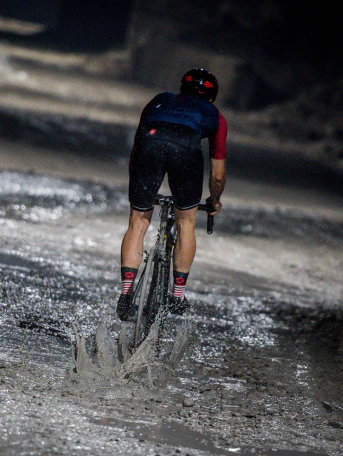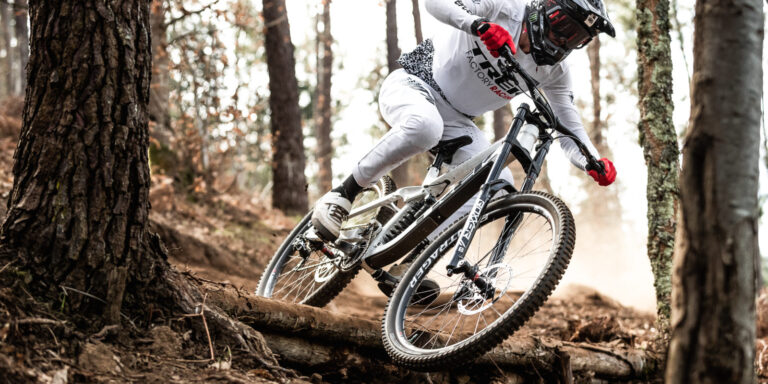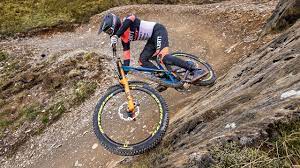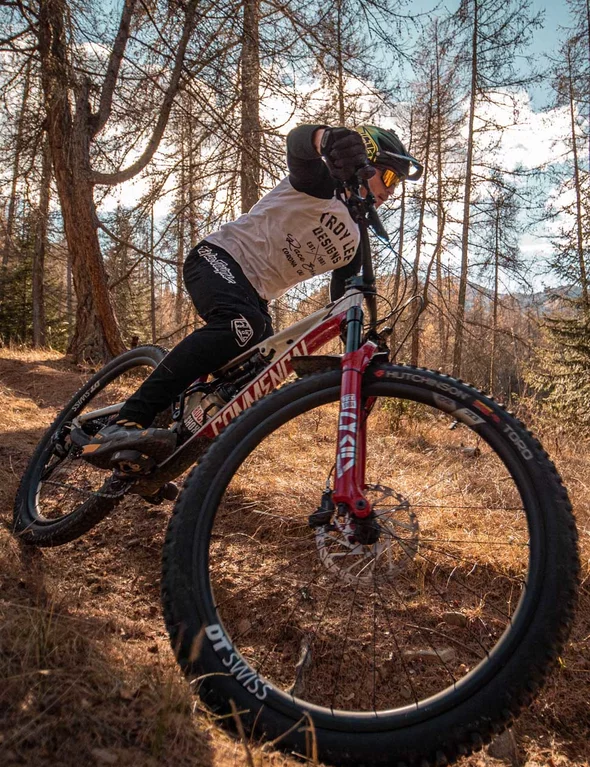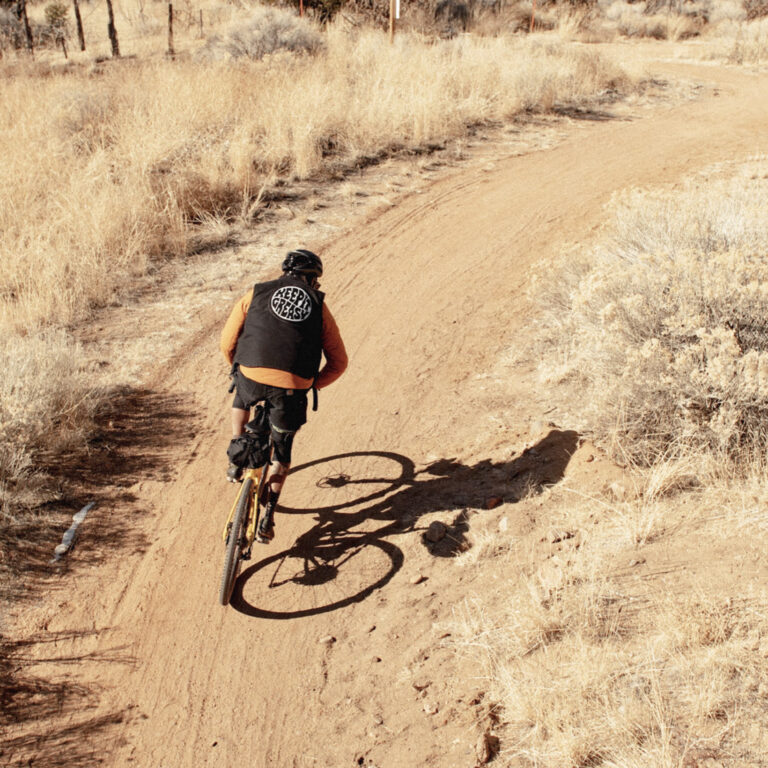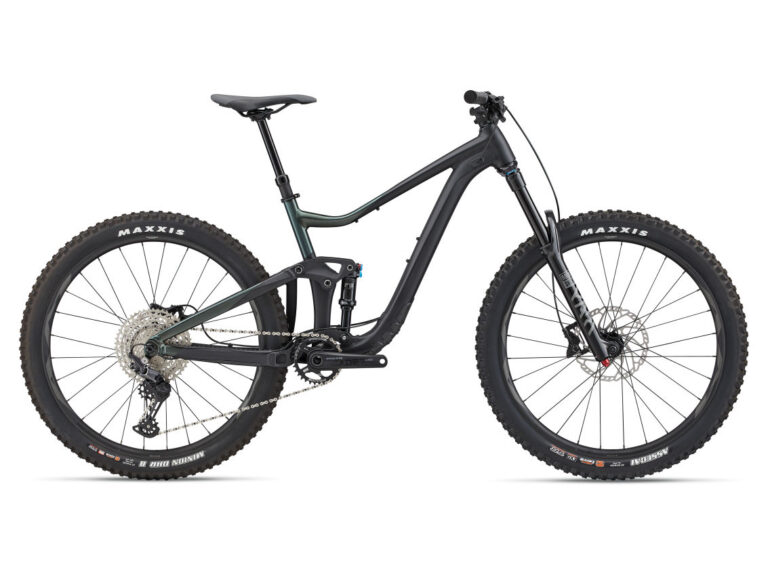Weight and Performance of Road Bike Tires: An Overview
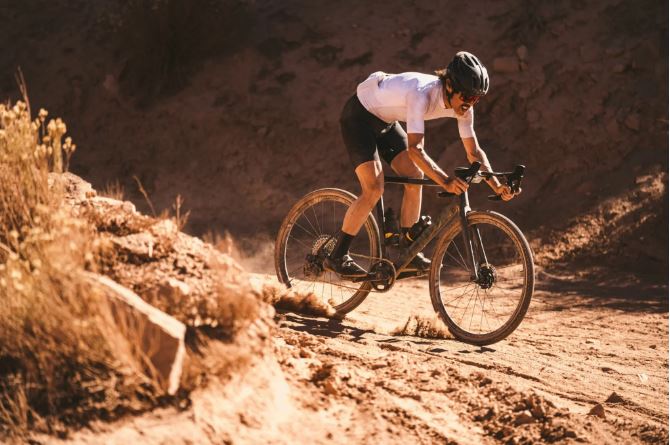
Key Point Summary of Weight and Performance of Road Bike Tires:
- Lighter Tires Enhance Performance: Reducing tire weight can improve acceleration and make climbing easier, as there’s less mass to move.
- Weight vs. Durability Trade-off: Lighter tires may offer less protection against punctures and wear, necessitating a balance based on your riding conditions and preferences.
- Rolling Resistance Matters: The weight of a tire indirectly influences its rolling resistance, with lighter tires often designed to minimize energy loss.
- Optimal Tire Weight for Your Riding Style: The best tire weight depends on your specific needs, whether it’s racing, training, or leisurely rides.
In the world of cycling, especially on the road, the weight of each component of your bike can significantly impact your performance. This includes the tires, which are your only contact point with the ground and play a crucial role in speed, acceleration, and climbing efficiency.
The Impact of Weight on Road Bike Tires
Every cyclist, from the enthusiast to the seasoned racer, knows that the quest for speed often leads to scrutinizing every gram saved. In tires, the weight can influence not just the bike’s overall heft but how it feels and responds during a ride. Lighter tires can make a bike feel more agile and responsive, especially when accelerating or climbing. This is because lighter tires have less rotational mass, making it easier to change speeds.
Balancing Weight with Durability and Performance
However, it’s essential to consider the trade-off between weight and durability. Lighter tires may use thinner materials or less protective layers to cut down on weight, which can compromise their ability to withstand punctures and wear. Thus, choosing a tire weight should be influenced by the type of riding you do most often. For example, racers might prioritize lighter tires for maximum performance in competition, while endurance riders might lean towards slightly heavier, more durable tires for long, demanding rides.
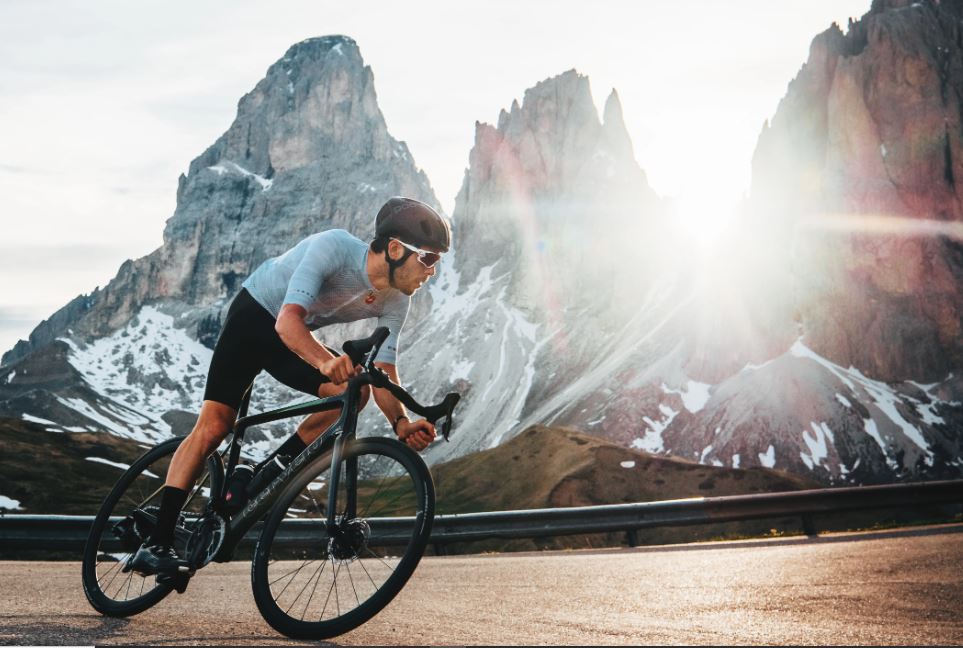
Rolling Resistance and Weight
Another critical factor to consider is rolling resistance, which is the energy lost when the tire deforms on the road surface. While not directly correlated with weight, lighter tires are often designed with lower rolling resistance in mind, using specific materials and tread patterns. This can further enhance performance by requiring less energy to maintain speed, making rides more efficient.
Finding the Optimal Tire Weight
Selecting the right tire weight involves considering your riding goals, the typical terrain, and personal preferences for ride feel and durability. While lighter tires can offer performance benefits, especially in races or on climbs, they might not be the best choice for every rider or every situation. The key is finding a balance that suits your needs, enhances your riding experience, and aligns with your cycling goals.
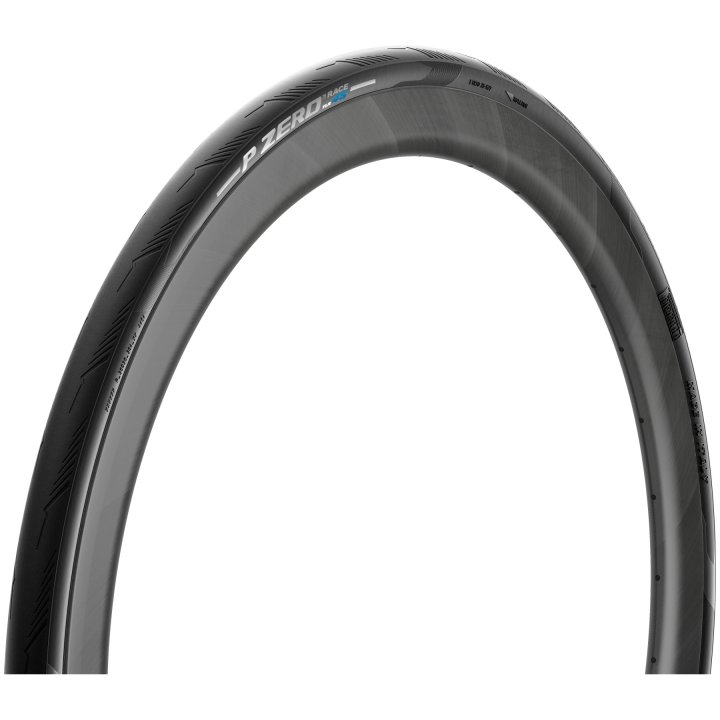
Weight and Performance of Road Bike Tires: Wrapping Up
In road cycling, the weight of your tires can have a noticeable impact on performance, affecting speed, acceleration, and the effort required to climb. While the allure of ultra-lightweight tires is strong, especially for those seeking to maximize performance, it’s crucial to balance weight with considerations like durability, puncture resistance, and rolling resistance. Ultimately, the best tire choice is one that matches your riding style, preferences, and the demands of your favorite routes, ensuring that each ride is as enjoyable and efficient as possible.
Selecting the best road bike tire depends on the specific needs and preferences of the rider, such as prioritizing speed, grip, puncture resistance, or durability. However, if we’re looking for an alternative to commonly recommended options, a standout choice for its balance of performance, durability, and puncture resistance is the Vittoria Corsa G2.0.
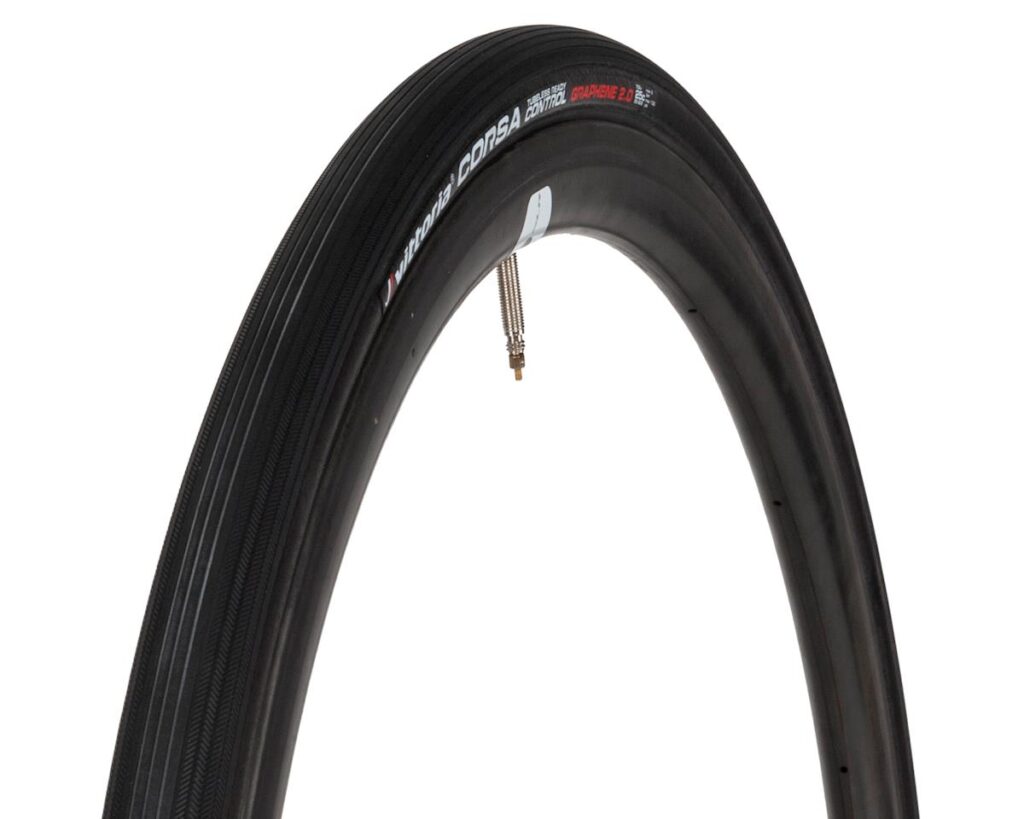
The Vittoria Corsa G2.0 tire is celebrated for its innovative blend of speed, suppleness, and durability, making it a favorite among both competitive and recreational road cyclists. Featuring Vittoria’s proprietary Graphene 2.0 compound, the Corsa G2.0 offers exceptional grip in both dry and wet conditions, while its Corespun K casing provides a smooth ride that competes with the best in terms of comfort and performance.
Additionally, its reinforced sidewalls add an extra layer of puncture protection without significantly increasing the tire’s overall weight. This tire exemplifies a well-rounded choice that doesn’t compromise on performance or durability, making it an excellent option for riders seeking the best road bike tire for a wide range of conditions.
Ride on
John
FAQ
How much does bike tire weight affect speed?
The weight of bike tires can affect speed marginally, especially during acceleration and climbing. Lighter tires require less energy to spin up, potentially improving acceleration and making climbing easier.
How much does bike weight affect performance?
The overall weight of a bike can significantly affect performance, particularly on climbs and accelerations. A lighter bike is easier to maneuver and requires less energy to move, enhancing performance, especially in hillier terrain.
Are 28mm tyres faster than 25mm?
28mm tires can be faster than 25mm tires in real-world conditions, offering lower rolling resistance and better comfort, which can translate to maintaining higher speeds over rougher surfaces.
Are 32mm tyres faster than 28mm?
Whether 32mm tires are faster than 28mm tires depends on the conditions. On very smooth surfaces, 28mm might be faster due to lower aerodynamic drag. However, on rougher roads, 32mm tires can provide lower rolling resistance and better comfort, potentially making them faster in those conditions.
